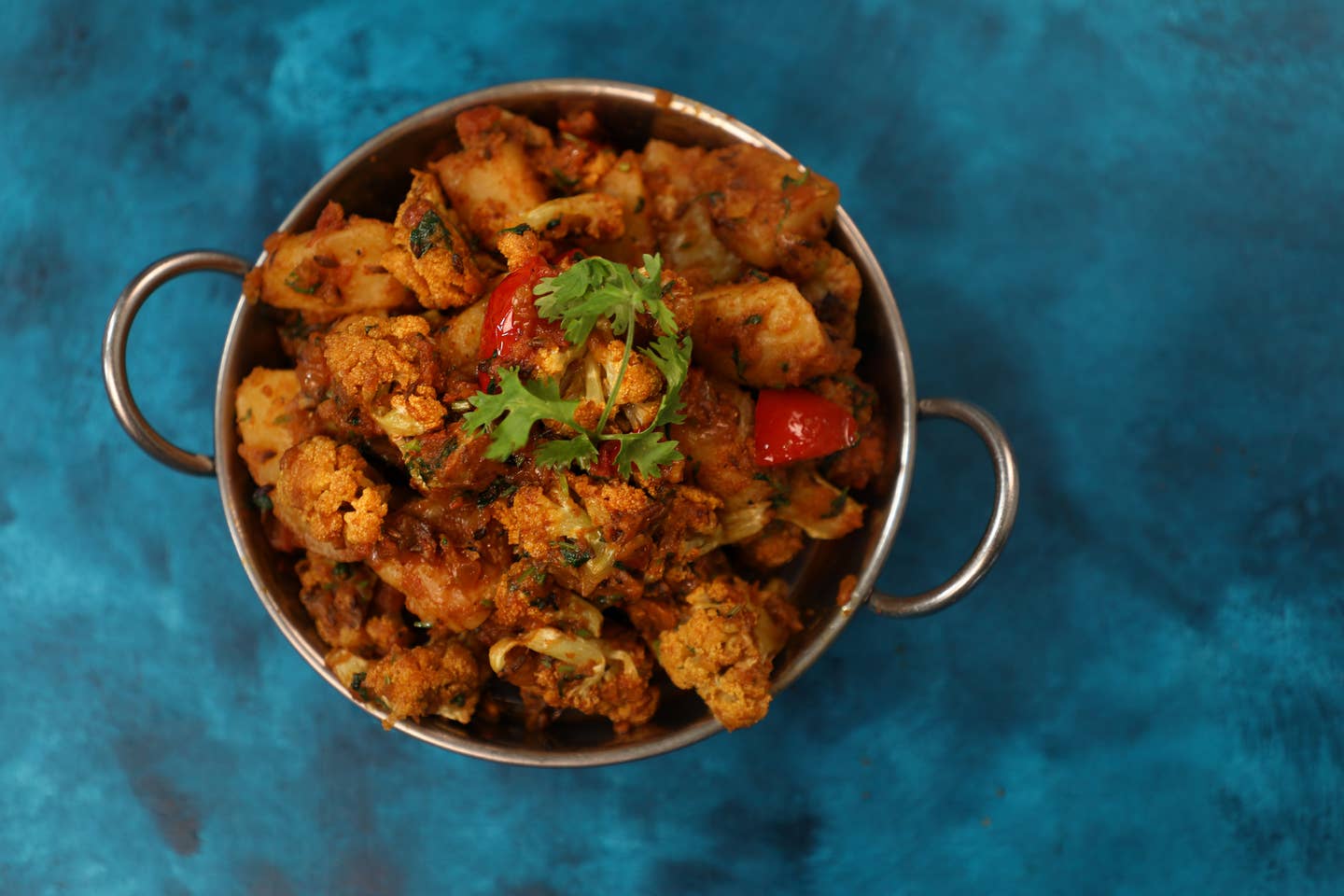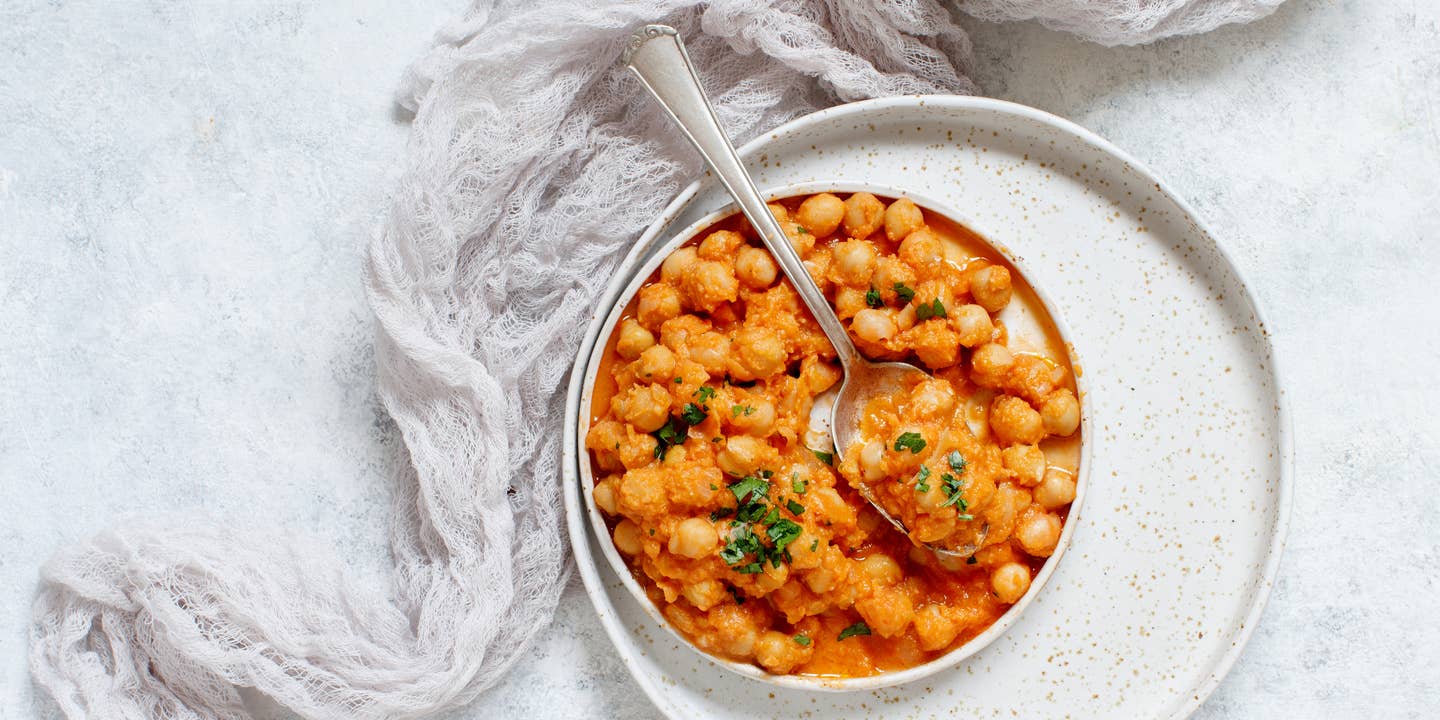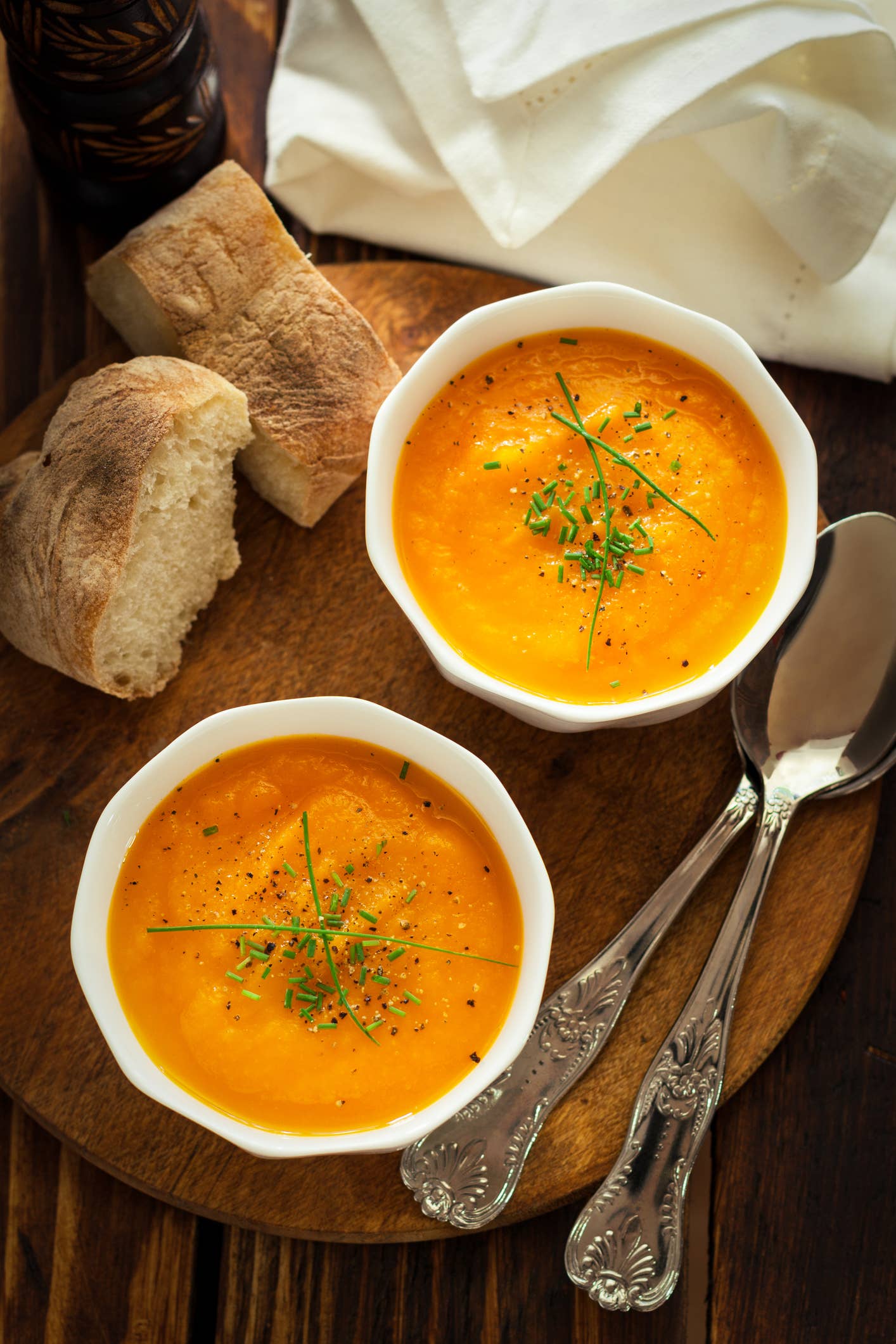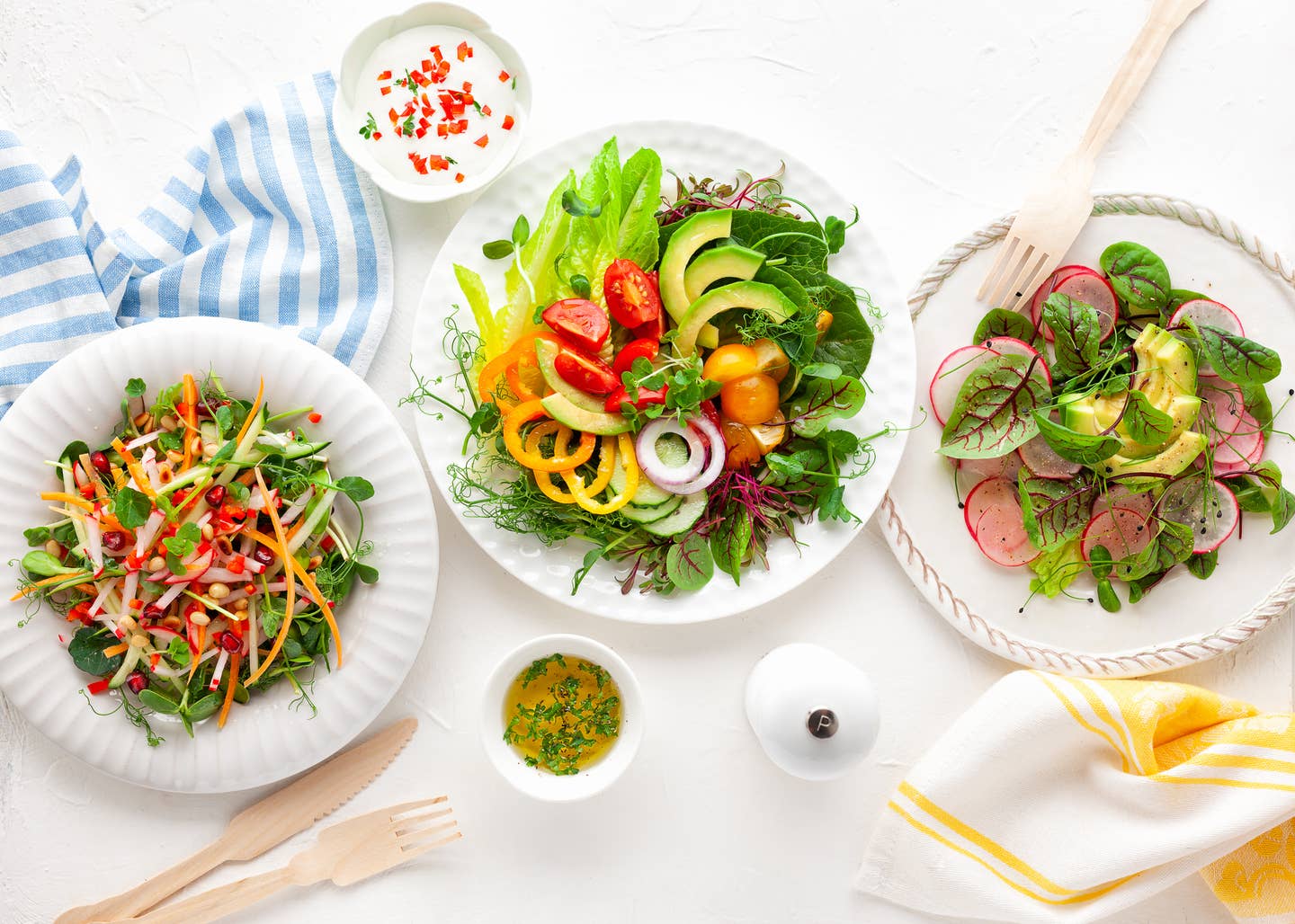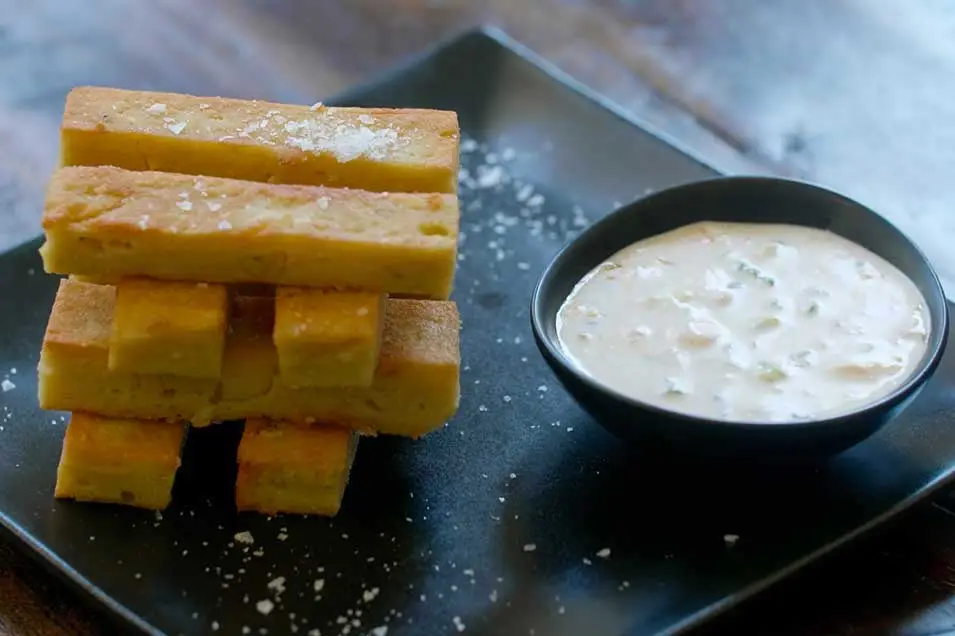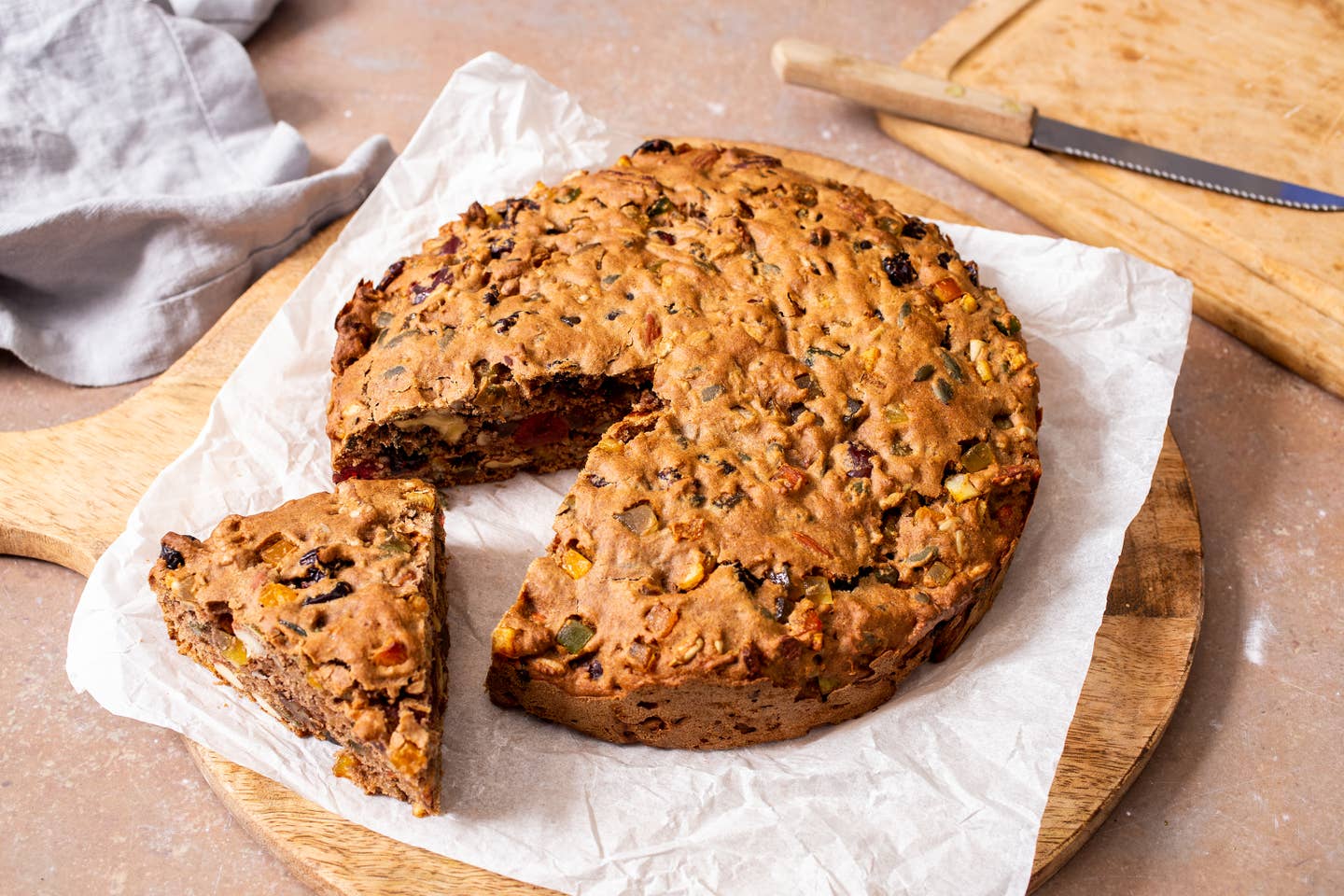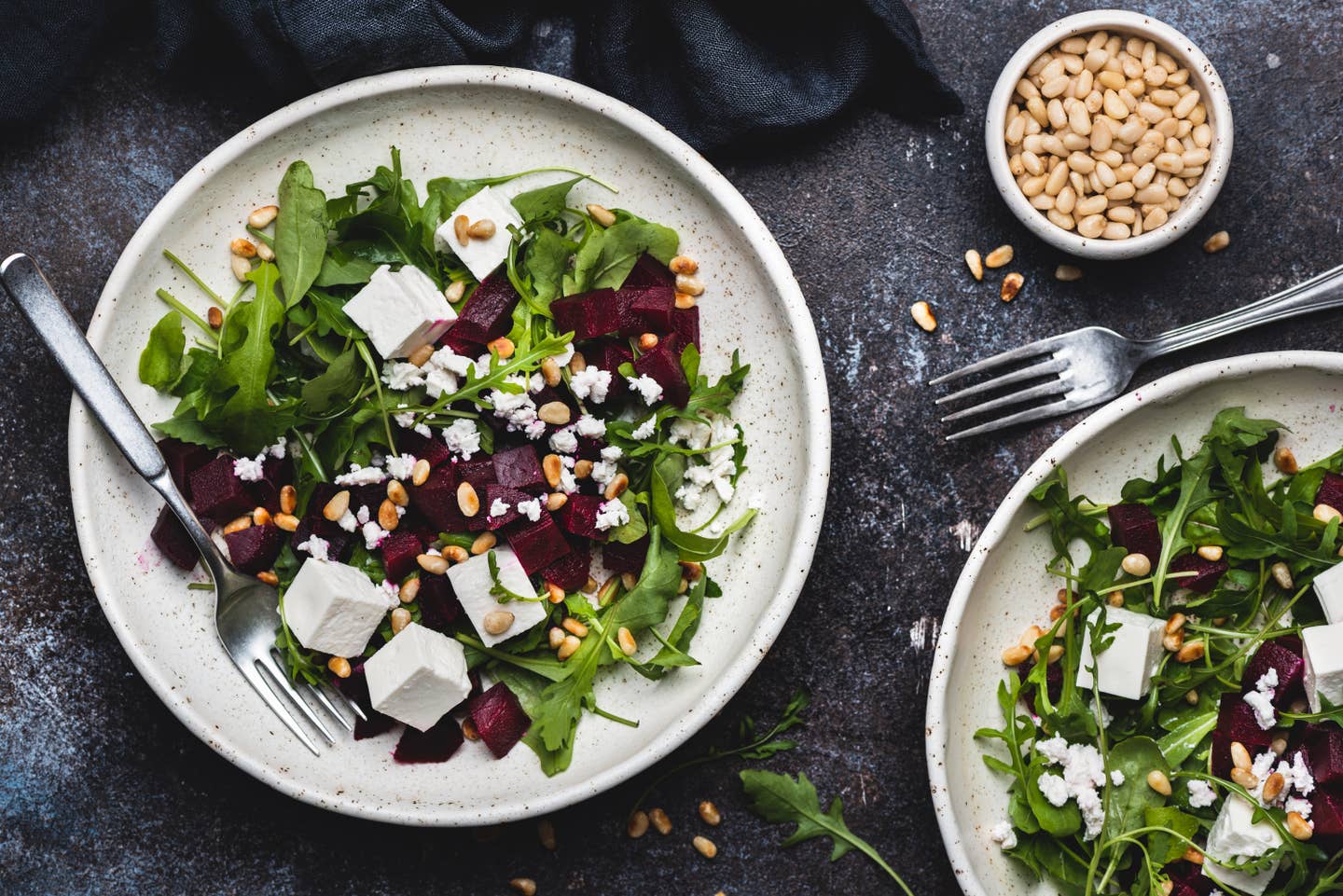
How to Cook Beets So You’ll Actually Love Them
Beets were never on my veggie radar: They are on a long list of vegetables that somehow never made it into my adult life. That list once included chickpeas, proving that there is hope for the plant-based ingredients I still have yet to love. I don't even remember when I started announcing that I didn't like beets. My mom didn't serve beets at home. We definitely didn't have them during lunch at school. So where did my dislike come from? I think I became traumatized after seeing the dark red-purple stain from freshly sliced beets on an apron somewhere.
Once I decided to really lean into my plant-based lifestyle, I had to step my game up. It helps that I live in a city where you can find a farmer's market on almost every corner. Those early trips to the farmer's market provided me with a new vocabulary and highlighted the fact that my plate was not as diverse as I thought it was. There are over 1,000 vegetables available to us, yet most of the time, we eat the same ones day in and day out. What's funny is that I was way more adventurous about vegetables when I was at a restaurant or a fancy party. You know, the kind where you start with a salad and end with dessert? Let's just say that I had no problem starting with a beet salad and ending with cheesecake made with beet powder.
However, shopping for beets was never on my to-do list. Every time I walked past them in the supermarket, all I saw was a basket of dirty purple rocks. The golden beets were no different. We really shouldn’t judge a book by its cover, because I had no idea that each one was a treasure filled with vitamins and nutrients designed to naturally improve health.
The Health Benefits of Beets
Have you ever heard someone say that beets are really good for you? I've heard it over and over again and it is in fact true. Beets are a root vegetable. Yes, that means they come straight out of the ground, and are officially called beetroots. These super veggies are a great source of essential nutrients including B-vitamins, copper, iron, manganese, magnesium, and potassium. The fact that they were once used solely for medicinal purposes is encouraging. Beet lovers rejoice in the fact that eating beets or drinking beet juice can help to lower blood pressure, fight inflammation and help to improve the flow of oxygen in your body.
Eat them raw or cooked and don't forget the greens–I have to admit that I never knew that you could eat the greens. It's okay though. I'm new to the plant-based arena. One Google search netted over 40 million results, so it's clear that you can do more with the leaves than just chop them up for a salad. Try cooking them down in a broth as you might for chard or collards. The greens are a great addition to a soup or even solo. Did you know that beets are related to quinoa, chard, and spinach? Now that sounds like the prescription for healthy living!
Is there a difference between red and golden beets?
Both the red and golden beets have similar nutritional value: Heart-healthy and packed with powerful antioxidants, I have decided that I have to incorporate both of them into my plant-based lifestyle more often. I believe the red ones have a slightly sweet taste and the golden ones are a bit sweeter. The biggest difference for me is that my hands don't turn pink when using the golden ones! It's easy to make roasted beets. I use my vegetable peeler to clean them up and slice them. They cook nicely with a drizzle of olive oil. A splash of balsamic vinaigrette makes it special. When the weather warms up, I love to make a golden beet and sweet potato salad. The orange color looks amazing on the table and it feels good to know that I'm serving up a powerhouse of nutrients in a yummy plant-based dish.
To find more of LA's tips, recipes, and advice visit Black Girls Eat to learn more about going from plant curious to plant-focused.
More From The Beet
